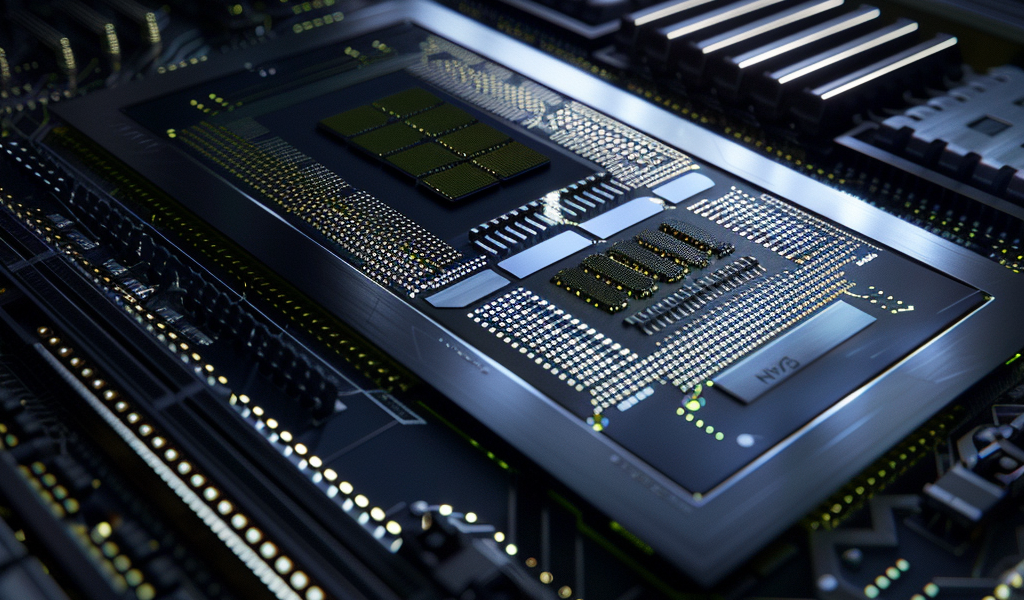Artificial intelligence (AI) powerhouse Nvidia (NVDA) made headlines last week as its stock surged by 9%, maintaining its position near all-time highs. Investors are now contemplating whether it’s the right time to buy Nvidia shares amidst the company’s recent advancements and market performance.
At the Visual Generative AI Conference, a notable event focused on Computer Vision and Pattern Recognition, Nvidia researchers showcased innovative tools for image, video, and 3D content creation and analysis. The company also presented its groundbreaking research on high-definition mapping for autonomous vehicles and unveiled new solutions for sensor simulation and robotics applications.
Analysts at Barclays, Susquehanna, and TD Cowen responded to Nvidia’s momentum by raising their price targets for the stock. Notably, Barclay’s analyst Tom O’Malley and Susquehanna analyst Christopher Rolland increased the price target to $145 from $120, emphasizing the smooth transition from Hopper chips to Blackwell based on reassuring supply chain checks.
Despite a slight dip in share value following reports of CEO Jensen Huang’s stock sales, Nvidia’s market capitalization soared to $3 trillion, surpassing that of tech giant Apple (AAPL). The company’s forward-looking plans include launching its most advanced AI platform in 2026, leveraging next-generation memory technology to enhance processing capabilities.
In a strategic partnership with Foxconn, Nvidia is set to establish an advanced computing center in Taiwan utilizing its Blackwell chips. This collaboration aims to bolster Nvidia’s presence in data centers for autonomous driving and electric vehicles. While electric vehicle leader Tesla (TSLA) currently utilizes Nvidia’s chips, it intends to develop customized solutions internally.
Nvidia’s recent stock split, which provided existing shareholders with nine additional shares for each held share, not only adjusted the stock price but also positioned the company for potential inclusion in the Dow 30 index. This move could open up new opportunities for Nvidia, as historically seen with companies like Apple (AAPL) and Amazon.com (AMZN) post-stock splits.





